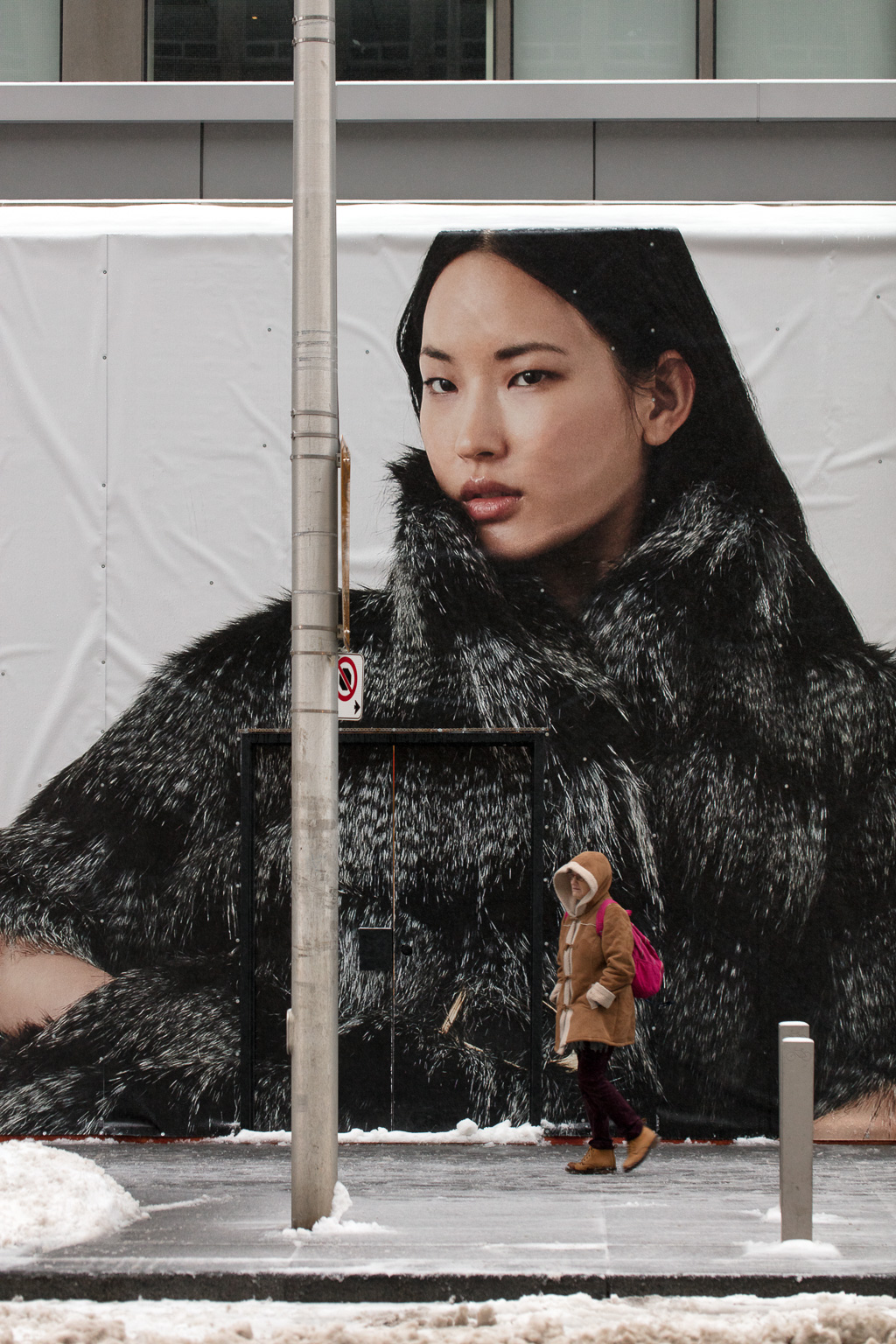
I have a small wooden display case for Hohner mouth organs. It’s old and scuffed and my wife wishes I’d throw it out. But I can’t bring myself to get rid of it because it belonged to my great grandfather. Frederick (Fred) Barker, who died long before I was born, kept a small general store in a small community in a backwater of New Brunswick. This display case comes from that store.
I don’t imagine his store was much of a going concern, but it was enough to sustain him and his wife Mary and their four sons. Back at the turn of the (20th) century, Fred sold the sorts of goods that people living in the town of Sheffield might need. He didn’t advertise. I’m not sure it would have occurred to him that he could advertise his business. Even if he had advertised, I doubt it would have made any difference.
Fred relied almost exclusively on good will to attract his custom. He fostered that good will by being an active member of the community. He attended the local church (in fact, two of his sons grew up to become clergy). And when people entered his shop, he spoke to them by name. He expressed an interest in their lives, and in turn they expressed an interest in his life. Good will.
Nowadays, it’s almost inconceivable that somebody could rely exclusively on good will to sustain a business. It may have something to do with increasing urbanization. Maybe the way capital swallows up small businesses and integrates them into large organizations. Maybe it has something to do with changing cultural expectations. Or maybe it’s a combination of all of those things along with other reasons I can scarcely imagine.
Today it’s a matter of scale. When Fred ran his general store, it was a modest concern that fit hand-in-glove with the community it served. Now, retail concerns have grown so large, the customers appears as ants by comparison. It’s no longer the case that the customer is always right. Instead, the customer is always small.